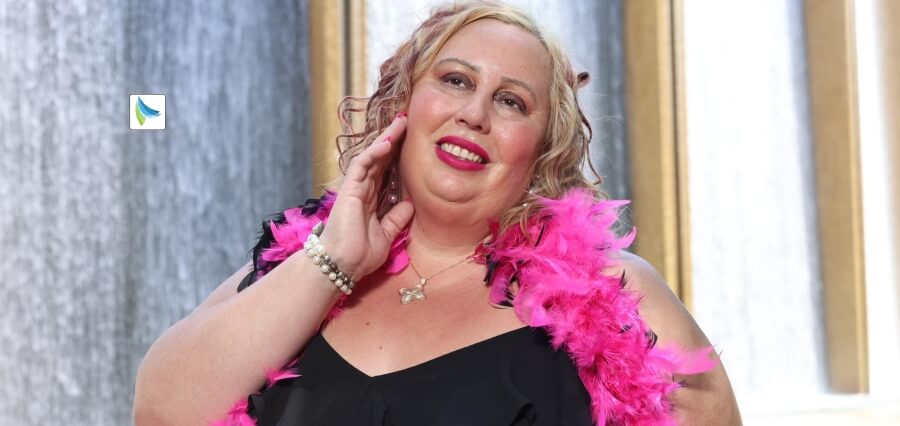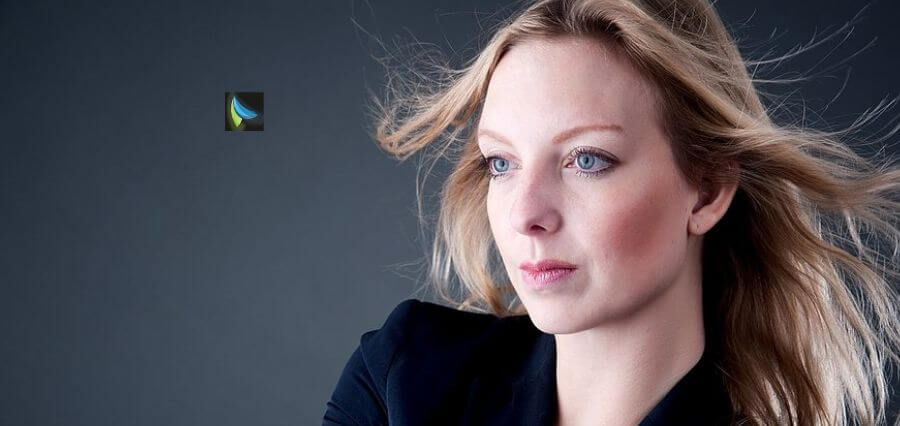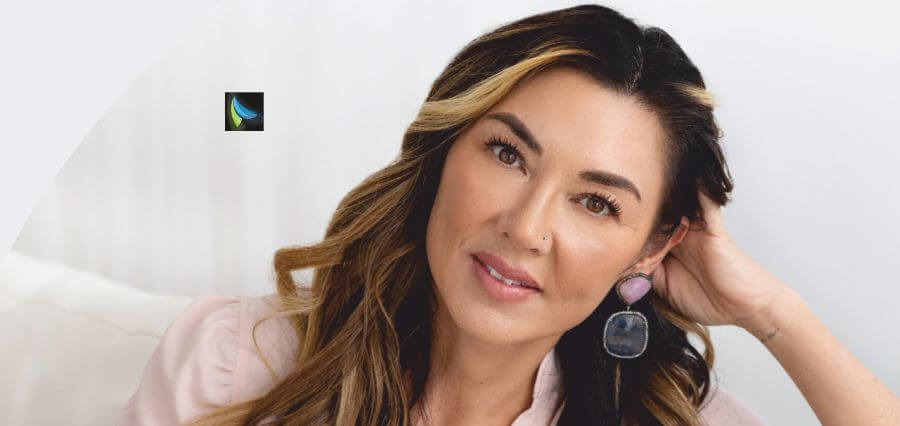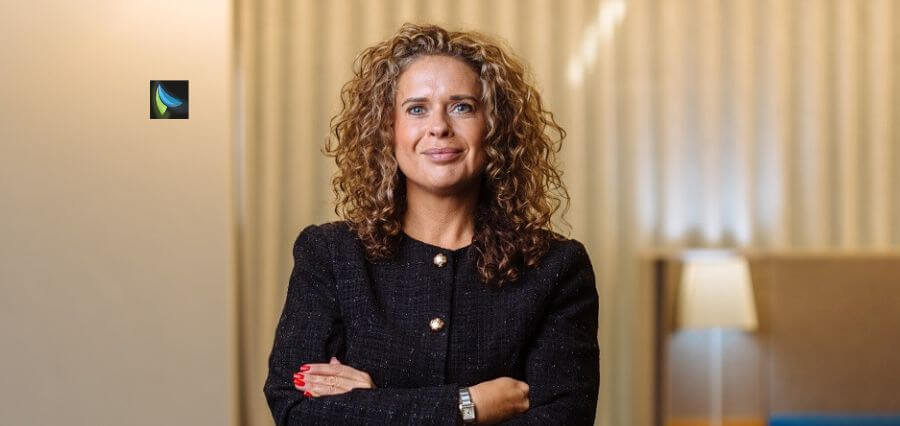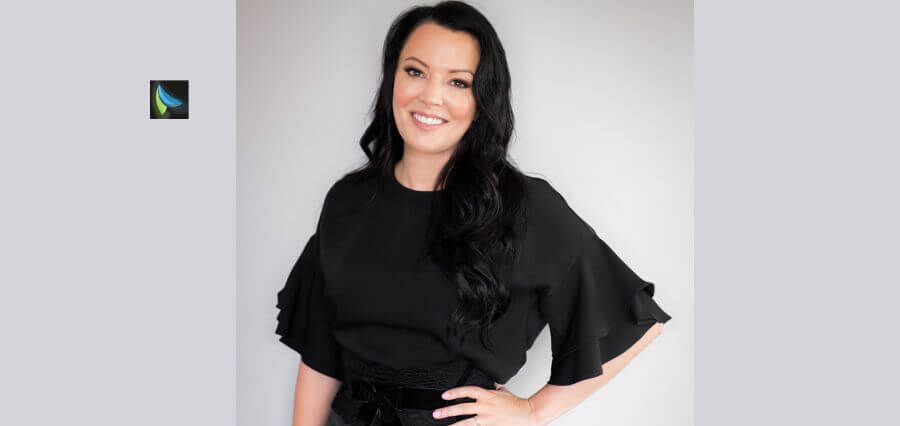In an age of data-driven business solutions, the organizational framework for diversity and inclusion has not been left back. Today, companies focus on DEI as a merit to their workflow productivity.
From incorporating employees of diverse identities to understanding better ways of equity in human resource management, the DEI industry is at the heart of organizational development. Hence, today, organizations are keen on implementing DEI strategy for their sustainable development.
Sheree Atcheson is doing that for Valtech as its Group Vice President of Diversity and Inclusion.
Sheree is a passionate leader working to include multi-diverse demography in the tech business. Prior to Valtec, she has led DEI initiatives of various companies such as Peakon, Monzo, and Deloitte. She has worked in many regions developing tailored, data-driven DE&I strategies, with clear goals and lines of accountability to embed success and inclusion that scales.
Inspired by her passion for DEI, we at Insights Success caught up with her to learn more about her diversity and inclusion work.
Below are the highlights of the interview:
Brief our audience about your journey as a business leader until your current position at Valtech. What challenges did you overcome to reach where you are today?
I started my career many years ago as a Software engineer and pivoted into full-time diversity and inclusion work after volunteering for several years at a nonprofit, dedicated to women in tech, called Women Who Code. I was adopted at 3 weeks old from Sri Lanka by an Irish family, and that has given me an abundant amount of privilege and access to opportunities that I simply didn’t and wouldn’t have had before. There have been many challenges in my journey, from being raised in a very white country to growing up on free school meals, which is a state-provided benefit in the UK for low-income families. There are lots of peaks and troughs in this journey but ultimately, now, as a senior executive woman of color in the industry, I have the ability to do something meaningful because I am listened to – and that is the greatest privilege of all. I describe myself as underrepresented yet privileged.
Enlighten us on how you have made an impact in the DEI industry through your expertise in the market.
I’ve been doing this work for over a decade, and in that time, I’ve worked in many regions for many different types of companies. This has enabled me to make significant changes at organizations that want to, through using data-driven D&I strategies, focused both on diversity and inclusion separately. Using representation data and people analytics, I help companies unearth truths about perceptions of inclusion, mapping these across promotion processes (and so on) and enabling real, sustainable change. For me, sharing knowledge is key and that’s why I write regularly for Forbes, Thomson Reuters and more. Expecting change within your own reach is one thing but being able to share and educate wider is key. It’s also why I wrote Demanding More: why diversity and inclusion don’t happen and what you can do about it. Alongside this, I led the UK Expansion of Women Who Code, which is now the world’s largest non-profit organization globally, dedicated to women in tech, where I now sit as an Advisory Board Member.
What, according to you, are the challenges that are yet to be addressed in the DEI sector?
Intersectionality in data. All too often, organizations gather data in buckets and never overlap them (or they only collect one attribute and base all success off of it). People don’t exist in bubbles. Women, for example, are not a monolith so it’s key that data overlaps to give a true picture.
What are the values that drive Valtech’s DEI efforts towards a workplace demographic?
We are a global company, in 19+ countries. Our work influences and affects much more than just ourselves and through this, our values are Share, Dare, and Care. We pay it forward; we thrive in unique environments and we care about experiences. All of this is integrated into our D&I objectives because it’s our core. We seek to represent the societies we serve, and the regions we are based on. We recognize that we have work to do, and we’re continuing on that journey of creating Valtech which engineers’ experiences for everyone.
Where do you envision yourself to be in the long run and what are your future goals for Valtech?
My goals for Valtech are clear – we have a business which reflects its societies and people. We are a multicultural, exciting organization with the ability to learn from many different people and cultures without even having to leave our own company. That’s a huge privilege and one that is key for our success here. We collaborate globally, and implement regionally/locally. We learn from each other, pivoting and sharing as needed. From a metric perspective, we’re working on what metrics we want to hold ourselves to this year as we’re now embedding different systems to help us do this. In 2021, 45% of all new hires were women, and we want to continue this progress. We recognize that gender is not the only area of diversity, and we’re working on capturing this different information on a regional/local basis to aid our reporting.
What is the best advice you have ever received in your professional tenure?
Be your own biggest fan. There are people that won’t get your vision or be threatened by you. Remember that it is ok, you’re not here to please everyone because frankly, that would be impossible. Sit back, listen to feedback, digest it, and move forward.








